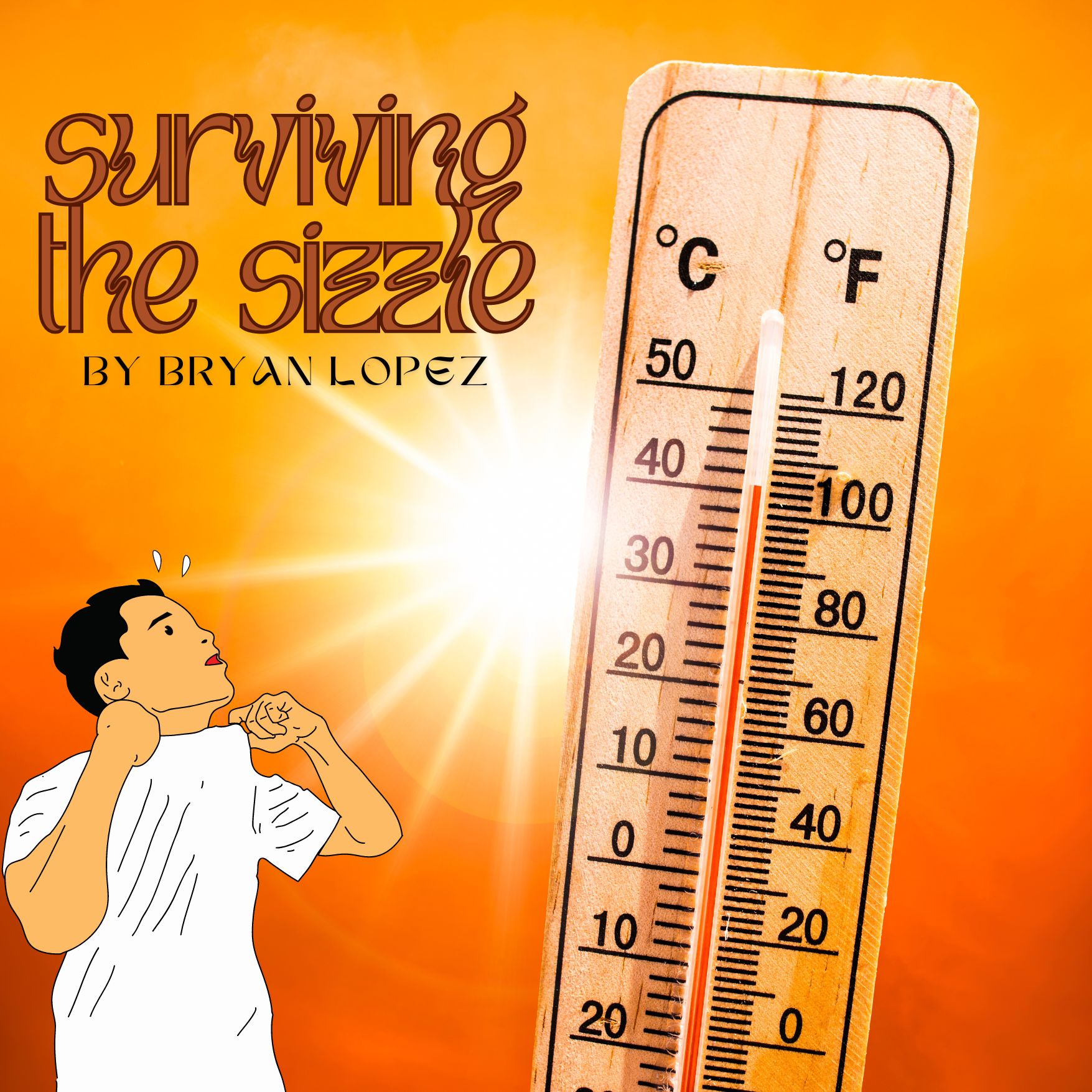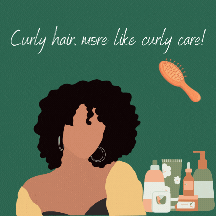School is out and summer is here. As we dive into the hottest months of the year, it is important to stay safe in the heat.
Being outside is common during summer. Whether it is a beach, pool, or park day, the high summer temperatures can lead to discomfort or even illness if you are not adequately prepared.
Common heat-related illnesses
1. Heat Cramps
Heat cramps are muscle spasms that can occur in the legs, arms, or abdomen. Typically, a person with heat cramps experiences will experience intense pain after doing physical activity in high temperatures.
2. Heat Exhaustion
Heat Exhaustion is identified by experiencing fatigue, weakness, heavy sweating, fast and weak pulse, and nausea. High exhaustion is primarily caused by dehydration and being exposed to high temperatures for long periods of time. It is advised to seek medical attention if symptoms last longer than an hour.
3. Fainting (Heat Syncope)
Being exposed to high temperatures for long periods can lead to fainting. A person might experience sudden dizziness or light-headedness usually after a sudden change in position.
4. Heat Rash (Prickly Heat)
Heat rashes are caused by excessive sweating in hot, humid conditions. Heat rashes often appear as red areas around small blisters or pimples. It is important to keep the area of the rash dry to prevent worsening the irritation.
5. Rhabdomyolysis
Rhabdomyolysis is a syndrome caused by muscle injuries triggered by heat stress and physical exertion. This syndrome can cause muscle pain, swelling, and weakness, and result in kidney damage. Rhabdomyolysis requires immediate medical attention.
6. Heat Stroke
A heat stroke is the most serious condition correlated to high temperatures. Heat strokes occur when the body’s temperature rises fast, but sweat isn’t produced. They result in body temperatures above 103°F, hot, red, dry skin, a fast and strong pulse, fainting, and unconsciousness. It is important to call 9-1-1 immediately.
Treating heat-related illnesses
All conditions are primarily caused by exposure to high temperatures for long periods. This is why a person with the condition must be moved to a cool area before treating it.
If a person is conscious, it is important to keep them hydrated. Being dehydrated will only worsen the condition.
In most cases, using cool or wet cloths is also helpful. This helps the person to cool down.
Prevention
To prevent heat-related illnesses, it is important to remember their causes. They are mainly caused by high body temperatures, dehydration, and excess physical activity. With that in mind, it is easier to remember ways to prevent them.
1. Hydration
It is important to drink water regularly. One way to do this is by carrying around a reusable water bottle so you never have to run out.
Not only can water regulate the body’s temperature but can keep you hydrated if you drink it regularly.
2. Sun protection
Sunscreen is a great method of prevention. Sunscreen protects against embarrassing, painful sunburns, premature aging, and skin cancer. It is the best 10-in-1 product a person can buy.
To maximize its benefits, it is important to use sunscreen with an SPF of 30 or higher and apply it to any part of the body where the sun shines.
Using appropriate clothing is also useful when preventing heat-related illnesses. Avoid using warm and heavy clothes.
Instead, wear lightweight, loose, and light-colored clothes. These clothes will help you stay cool, reducing the body’s temperature.
3. Staying cool
Avoiding the sun is helpful when protecting against it. When planning activities, look and see if you can do them indoors. Indoor activities will keep you away from the sun and most likely air-conditioned too.
If you can’t plan an indoor activity, try planning during sunset. The sun is usually the least strong during this time so exposure will have a lesser effect.
That’s Heat
11th grader, Samuel Benitez said, “Summer is the best cause there is no school, but in Florida, it is too hot. When I would go outside for P.E. I would always think I was going to get a heat stroke or faint. Water is important to drink in this heat.”
Summer is the most ‘heat’ time of the year, literally. So, remember Colts, as we dive into summer stay safe; stay cool.
Story continues below advertisement







